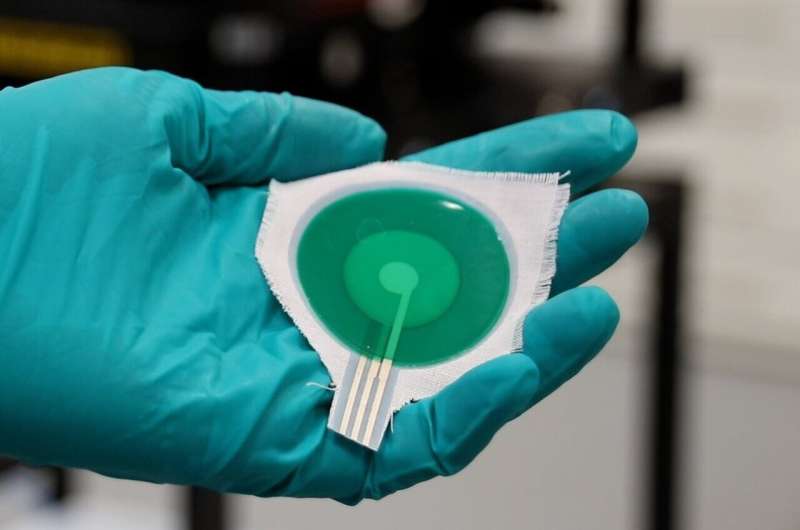It is hoped that the device—thought to be the first of its kind—can be used in health care settings and in the home to provide a crucial early warning for declining health that could save lives.
The work, led by Nottingham Trent University, the University of Southampton and University Hospital Southampton, and involving med-tech company Zelemiq Ltd, is published in the journal Sensors.
The work is being advanced within the NIHR Southampton Biomedical Research Center.
Changes in breathing rate can often be the first sign of patient deterioration in a number of diseases, including sepsis and COVID-19.

